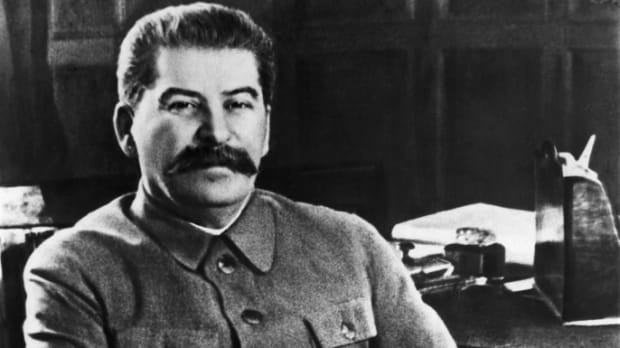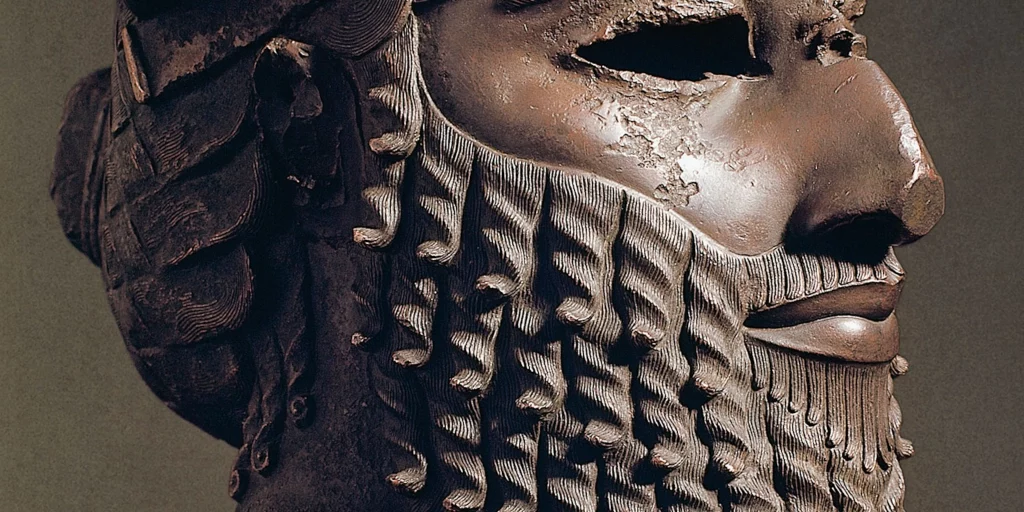Every few generations, a sportsperson comes along and transcends the boundaries of their arena to become a bonafide cultural icon. These elite athletes represent the pinnacle of sporting excellence and the hopes and dreams of their legions of adoring fans.
They become larger than life. Their legends persist long after their time in the spotlight has passed.
Michael Jordan’s sneakers are still some of Nike’s hottest-selling shoes, long after his 1990s NBA heyday. Brazilian soccer prodigies are still trying to fill Pelé’s golden boots.
In the world of boxing, one name towers above the rest. No conversation about the best to ever lace up a pair of gloves is complete without his mention.
If you know a single thing about boxing, you’ll know who we’re talking about: The Greatest of All Time, Muhammad Ali.
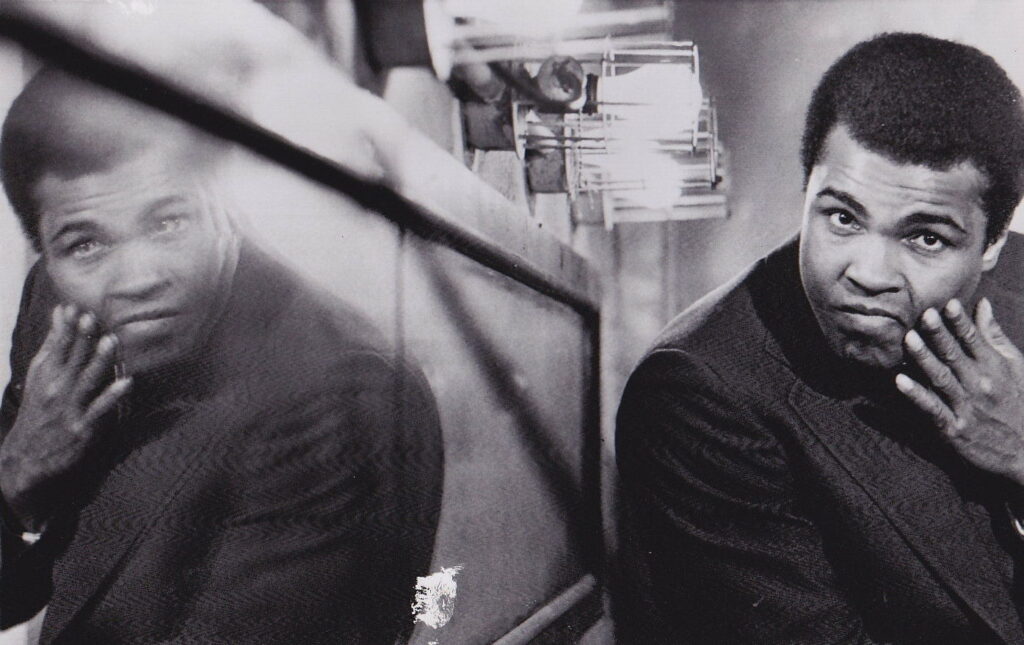
Bigger than Boxing
From the 1960s to the 1980s, Muhammad Ali was indisputably the biggest star of boxing. Photos of his legendary bouts against longtime rivals Joe Frazier and George Foreman are part of boxing’s iconic imagery.
His infinitely quotable quips from his pre-fight pressers defined the persona of the cocky, swaggering, gifted sports star and are still repeated today. He was no slouch when it came to setting records in the ring, either: Ali ended his career as the only three-time world heavyweight champion with a near-perfect record of 56 wins and only five losses.
Yet it wasn’t Ali’s awe-inspiring feats in the ring that made him such an enduring figure and an inspiration to billions around the globe. It was his status as a civil rights activist, an anti-war spokesperson, and a humanitarian ambassador.
He was a key influencer of African-American identity and an inspirational role model across the globe.
That’s a lot of hats to wear for a young boy born to blue-collar parents in Louisville, Kentucky. But this was no ordinary boy; it was Muhammad Ali.
Goodbye Cassius Clay, Hello Muhammad Ali
The story of Muhammad Ali begins in 1942 with a young boy named Cassius Clay. He had a housemaid for a mother and a roofer and painter for a father. Young Cassius grew up in a time when American society was divided by the seemingly insurmountable barriers of race.
When he was 12 years old, his bicycle was stolen. Like any upset 12-year-old, Cassius vowed revenge on the thief. This led him to discover boxing under the guidance of local police officer Joe Martin.
By 18, Cassius Clay was a certified amateur champion. He had amassed two national Golden Gloves titles, two Amateur Athletic Union national titles, and a 100-8 win-loss record in amateur bouts.
The year was 1960. Cassius ended his amateur career in grand fashion with a gold medal for the USA at the Summer Olympics in Rome.
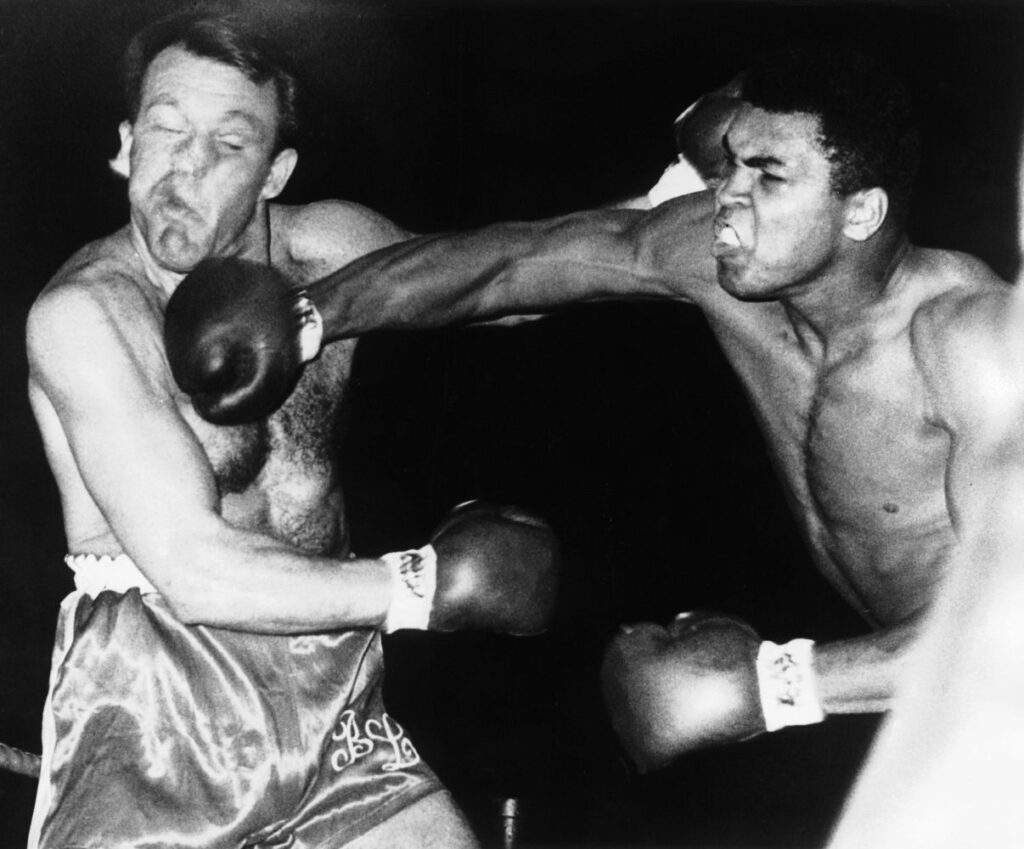
Professional boxing, with its high-paying contracts, bright lights, and cut-throat competition, was beckoning. In October 1960, Cassius Clay made his professional debut. He entered the heavyweight division and began an unbeaten run that would last for years.
Boxer after boxer fell to Ali’s fists (15 of his first 19 victories were knockouts). He also began to draw attention for his captivating gift for trash talk. He would mock his opponents’ appearance and ability with the same savagery he employed in the ring.
He would sing his own praises in rhyming couplets. He delivered endless soundbites in his mercurial style. Cassius’ gift of the gab earned him the nickname “The Louisville Lip” in the early years of his career.
As Cassius Clay began to ascend the ranks in the heavyweight division, he also began to be associated with prominent religious leaders from the Nation of Islam, like Elijah Muhammad and Malcolm X.
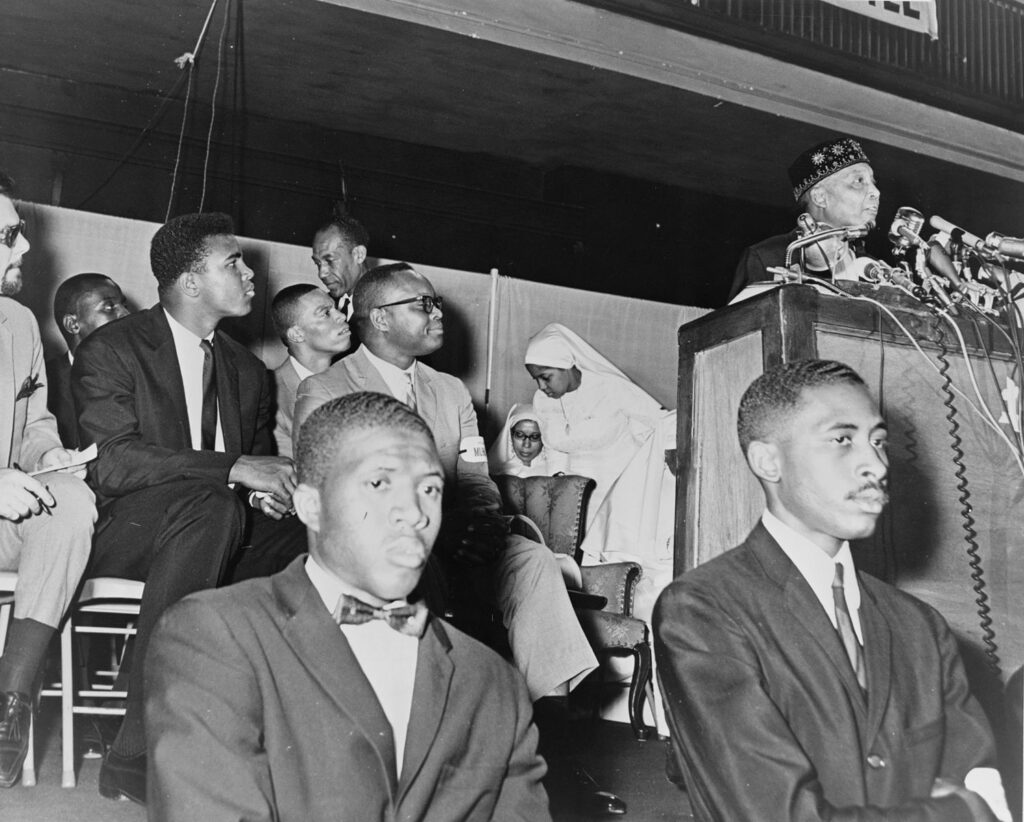
It was at this point he also began referring to himself as Cassius X. He rejected his given name as a “slave name.”
Cassius’ sense of identity as an African-American was also undergoing a transformation. It would culminate at the biggest match of his career.
The Champ Is Here
In 1964, Cassius had worked his way up to a title shot against Sonny Liston, the dominant world heavyweight champion. Despite entering the bout as an underdog, Cassius stuck to his usual antics before the fight, poking at Liston with verbal jabs.
When the bell rang, the match saw Liston attempt to swat Clay away in the early rounds. But after weathering the storm, Cassius was able to fight back and win by TKO in the seventh round.
“I’m the greatest!” he screamed at the thousands in attendance and millions watching at home. The day after winning the title, he announced he was now part of the Nation of Islam.
One month later, alongside the group’s leader, Elijah Muhammad, Clay shared his new name with the world: Muhammad Ali.
A Symbol of Resistance
Ali was at the height of his power in his first reign as world champion. He was beating all opponents and seemed unstoppable. Then, the Vietnam War happened.
In 1967, Ali was called on by the US Armed Forces to join the draft. Most men would have agreed without question. Not Muhammad Ali.
“Man, I ain’t got no quarrel with them Viet Cong… Why should they ask me to put on a uniform and go 10,000 miles from home and drop bombs and bullets on brown people in Vietnam while so-called Negro people in Louisville are treated like dogs and denied simple human rights?”
Ali declared he was a conscientious objector to the war and refused to be drafted. The consequences came quickly. Ali had to pay a fine of $10,000 and face a five-year prison sentence.
His title was stripped, and every state boxing commission in the US rejected his boxing license. At the exact time that Ali was reaching his physical prime, his status as champion was snatched away.
The greatest boxing champion in the world was exiled from the sport, not because he had been beaten, but because he stood up for his principles.
The Legend Grows
Attempts to crush Ali’s spirit only made it stronger. He appealed against his prison sentence, going all the way to the Supreme Court.
In the years he was barred from boxing, he chose to address college students across the nation. He spoke on the topic of the Vietnam War and African-American identity in the wake of the Civil Rights Movement.
His championing of progressive and liberal values did not do him any favors with the government. But Ali was on the right side of history.
As the Vietnam War dragged on, the American public began to come around to Ali’s way of thinking. Public opposition to the war continued to snowball. Ali was regarded as a principled leader and role model for his early stand on the topic.
In 1971, four years after being barred from boxing, the US Supreme Court ruled unanimously in Ali’s favor. They overturned his prison sentence and reinstated his boxing license. The time had come again to “float like a butterfly and sting like a bee!”
Return to the Ring
Whether it was the courts or the ring, Ali was always a fighter. He famously said, “Grass grows, birds fly, waves pound the sand. I beat people up.” But the Ali who returned in 1970 was different from the champion of the 1960s.
His first loss in his professional career was in 1971 to the then-heavyweight champ, Joe Frazier. But it was only a temporary setback. The second phase of his career yielded unforgettable boxing matches that hold up today as classics.
Some of Ali’s noteworthy bouts after his return from exile included:
- Super Fight II: A rematch with Joe Frazier at Madison Square Garden in 1974, which Ali won.
- The Rumble in the Jungle: An era-defining 1974 clash with heavyweight champion George Foreman in Zaire, which led to Ali’s second title reign.
- The Thrilla in Manila: The final match in his grueling trilogy against Joe Frazier, which went to the final round before Frazier’s corner threw in the towel on his behalf.
- Third Title Reign: In 1978, an aging Ali lost the title to Leon Spinks but won it back in a close rematch later that year.
By 1979, Ali was competing against his doctors’ and trainers’ advice. This led to his final defeat against Larry Holmes in 1980, after which Ali announced his retirement from boxing.
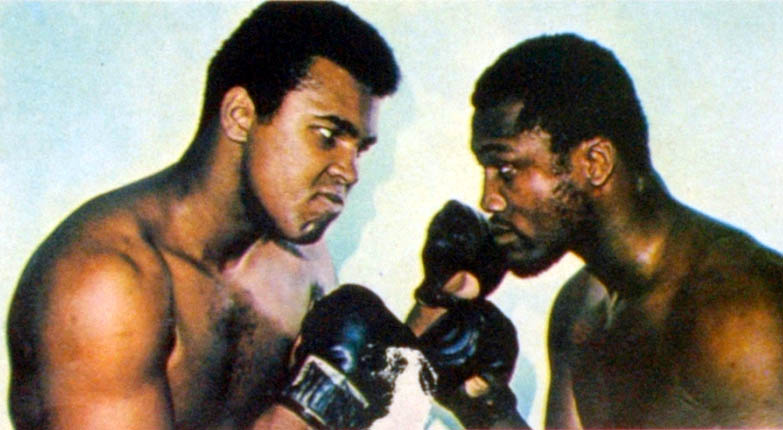
A Legendary Legacy
Though his sporting career had ended, Ali’s magnetic charisma kept him in the public eye. He continued to make appearances for humanitarian and charitable purposes even after he was diagnosed with Parkinson’s Disease and was visibly experiencing symptoms.
In 1990, he served as a peace ambassador. He met with Iraqi dictator Saddam Hussein and negotiated the release of American hostages.
In 2002, Ali visited war-torn Afghanistan as a United Nations Messenger of Peace. After embracing Sunni Islam over the more radical teachings of Elijah Muhammad, he preached a message of acceptance and racial harmony.
In 2016, at the age of 74, Muhammad Ali passed away due to respiratory illness in Scottsdale, Arizona.
Ali’s influence will always cast a long shadow over boxing, and his many noteworthy achievements outside the ring deserve praise, too. His life teaches us to stand up for what we believe in and, in the words of the great man himself, “Live every day as if it were your last because someday you’re going to be right.”
